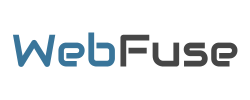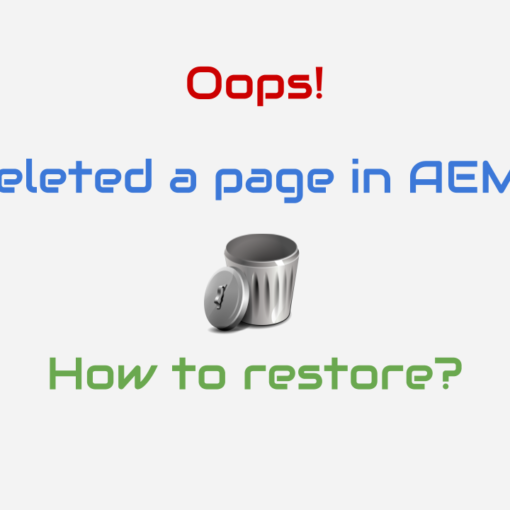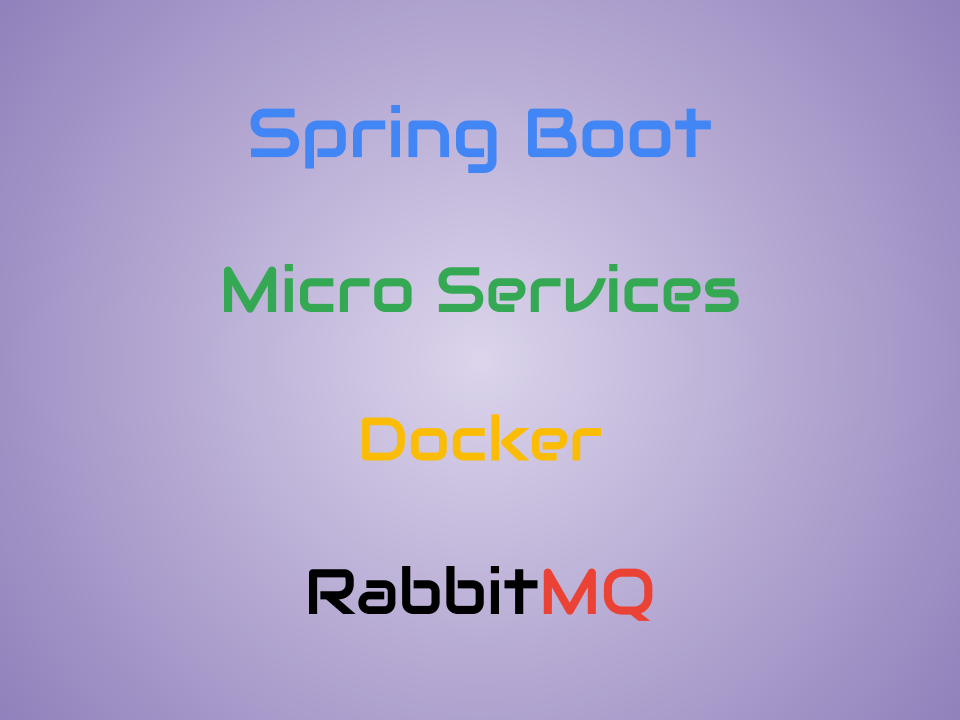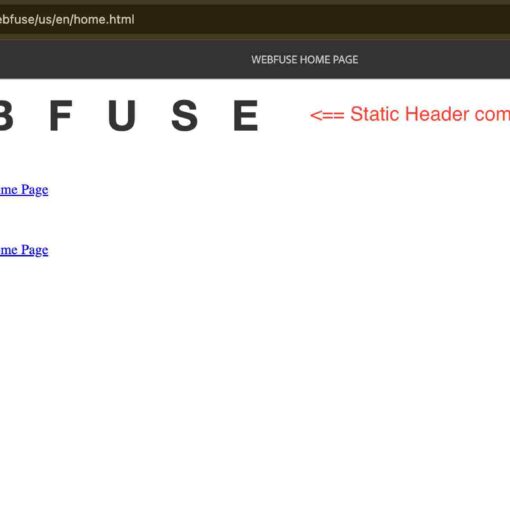A Content Management System (CMS) is a software platform that allows users to create, manage, and modify digital content without requiring specialized technical knowledge. Today we will discuss some of the major features typically found in a CMS. A CMS at a large scale, must have these prominent features which should take care of the modern era contents.

Content Creation and Editing
- WYSIWYG Editor: A “What You See Is What You Get” editor that allows users to format content easily without needing to know HTML or other coding languages.
- Templates and Themes: Pre-designed templates and themes to create and style content consistently across the site.
- Media Management: Tools for uploading, organizing, and managing images, videos, documents, and other media files.
User Management and Permissions
- User Roles and Permissions: Ability to define different roles (e.g., Admin, Editor, Author, Contributor) and assign permissions to manage who can create, edit, publish, or delete content.
- Authentication and Security: Secure login, password management, and sometimes integration with external authentication providers (e.g., Google, LDAP).
Content Organization
- Categories and Tags: Organizing content into categories and tagging it for better discoverability and navigation.
- Custom Content Types: Ability to define and manage different types of content (e.g., blog posts, articles, products) with specific fields and layouts.
Headless CMS Support
- While it is good to have everything on one platform, a common trend these days is to make the content available in a headless way. Check out these CMS experiences for more: https://www.magnolia-cms.com/ and https://experienceleague.adobe.com/en/docs/experience-manager-cloud-service/content/headless/introduction
Publishing and Workflow Management
- Content Scheduling: Schedule posts or updates to go live at a specific date and time.
- Workflow and Approvals: Setting up a content approval process where content goes through different stages (e.g., draft, review, approval) before being published.
- Version Control: Track changes and revert to previous versions of content if needed.
SEO and Marketing Tools
- SEO Optimization: Built-in tools for optimizing content for search engines, including metadata management, URL customization, and keyword analysis.
- Analytics Integration: Integration with analytics tools (e.g., Google Analytics) to track visitor behavior and content performance.
- Social Media Integration: Tools to share content directly to social media platforms and manage social sharing settings.
Multi-language and Localization Support
- Multi-language Content: Support for creating and managing content in multiple languages.
- Localization: Tools to localize content and user interfaces to different regions and languages.
E-commerce Integration
- Product Management: Tools to manage products, inventory, pricing, and categories.
- Shopping Cart and Checkout: Integrated shopping cart and secure checkout process.
- Payment Gateways: Integration with various payment gateways (e.g., PayPal, Stripe) to process payments.

Responsive Design and Mobile Support
- Responsive Layouts: Ensuring that content displays correctly on various devices, including desktops, tablets, and smartphones.
- Mobile Editing: Ability to create and edit content from mobile devices.
Customizable and Extensible
- Plugins and Extensions: A wide range of plugins and extensions to add new features and functionalities (e.g., contact forms, galleries).
- API and Integration: APIs for integrating with other systems, services, or custom applications.
Security Features
- Regular Updates: Frequent updates to address security vulnerabilities.
- Backup and Recovery: Automated backups and tools for content recovery.
- SSL Support: Ensuring that the CMS supports SSL certificates for secure content delivery.
Performance and Scalability
- Caching Mechanisms: Tools to cache content and improve loading times.
- Load Balancing: Support for load balancing to handle high traffic and ensure consistent performance.
Community and Support
- Community and Documentation: Access to a community of users, developers, and extensive documentation.
- Support and Maintenance: Available support from the CMS provider or third-party vendors for troubleshooting and maintenance.
There are different CMS available in the market today. Some of the popular ones are
Check out our expert blogs on the Adobe Experience Manager and WordPress Categories.
Which CMS are you an expert in, let us know in the comment section below.




